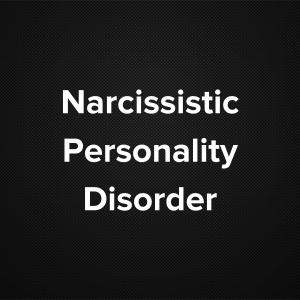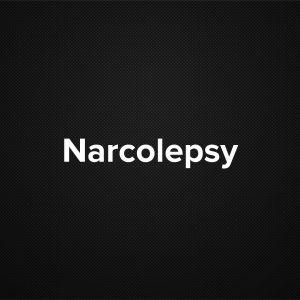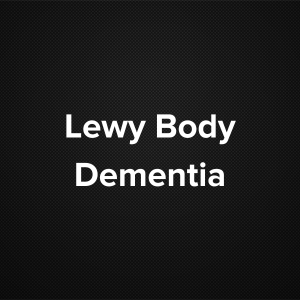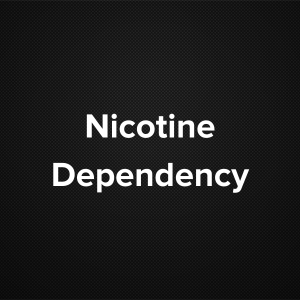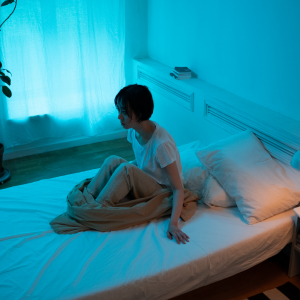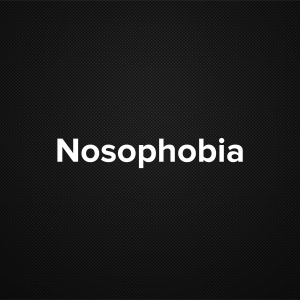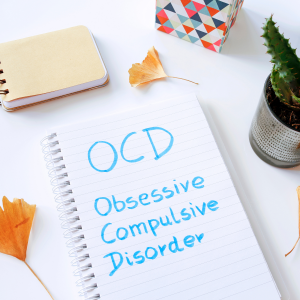Causes and risk factors
It is a mental illness in which people deliberately fall ill or exaggerates symptoms. The exact cause is not known. It is as a result of social, environmental, biological, psychological influences. It can be related to the childhood experiences such as unaddressed fears and needs, lack of attention and praise, neglect and emotional abuse, excessive praise and pampering, manipulative parents etc.
Clinical presentation
Patient presents with variety of symptoms such as inconsistent and dramatic way of giving medical history, symptoms that are not clear and keep changing when treatment is given, one can estimate the recurrence of symptoms once the treatment is over and condition is improved. There is presence of several surgical scars, complaining of new symptoms once the lab tests are negative, symptoms are present only when the patient is alone or being neglected. Patient wants repeated tests, operations or procedures, has history of seeking treatment from various doctors at various places, not allowing family members to consult with the doctor. He has no identity or self esteem, is comfortable being in hospital, vast medical knowledge than a lay man normally has. Patient fakes various types of illnesses such as feigning cancer, GI disorders, infections, fever, weakness etc.
Investigation
Clinical examination by the doctor helps in diagnosis. Medical history is of less value as patient exaggerates his illness. Doctor must rule out other diseases by carrying out routine investigations depending upon the presenting symptoms before concluding it as a psychiatric disorder. Psychological evaluation by the psychiatrist or psychotherapist helps in diagnosis.
Treatment
Main treatment consists of Psychotherapy and counselling which involves cognitive behavioural therapy that teaches relaxation techniques to combat the problem. Individual and family therapy may be required. Direct accusations will make the patient angry and defensive. It will make him cease the relationship with the care taker or discontinue the treatment. Due care must be taken to see that patient does not injure himself. In case of children suffering from this disease, parent child interaction techniques, parent training, social involvement, spending quality time with your children will also help in managing Münchausen syndrome.
Other Modes of treatment
The other modes of treatment can also be effective in treating Münchausen syndrome.
Homoeopathy is a science which deals with individualization considers a person in a holistic way. This science can be helpful in combating the symptoms. Similarly the ayurvedic system of medicine which uses herbal medicines and synthetic derivates are also found to be effective in treating Münchausen syndrome.


